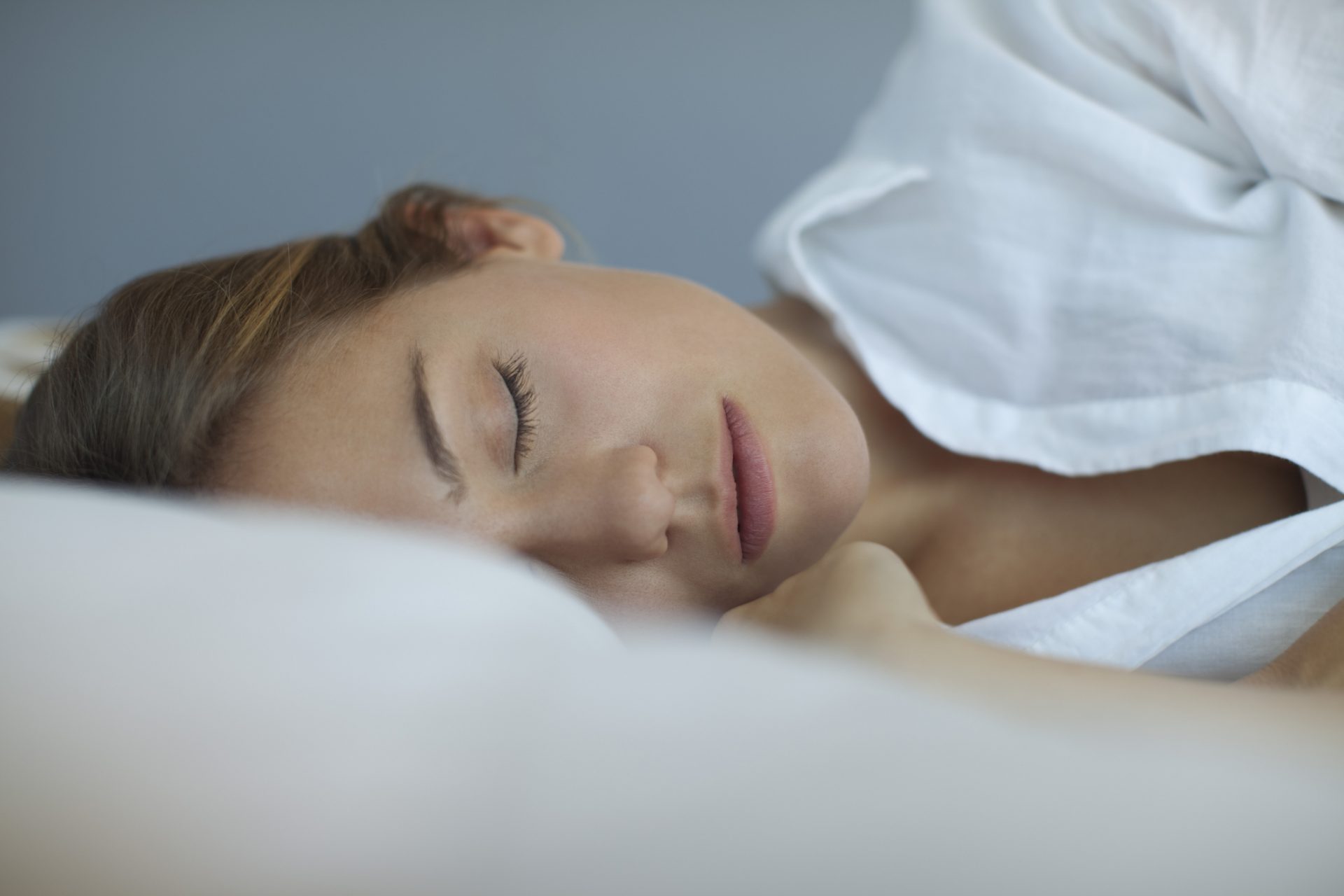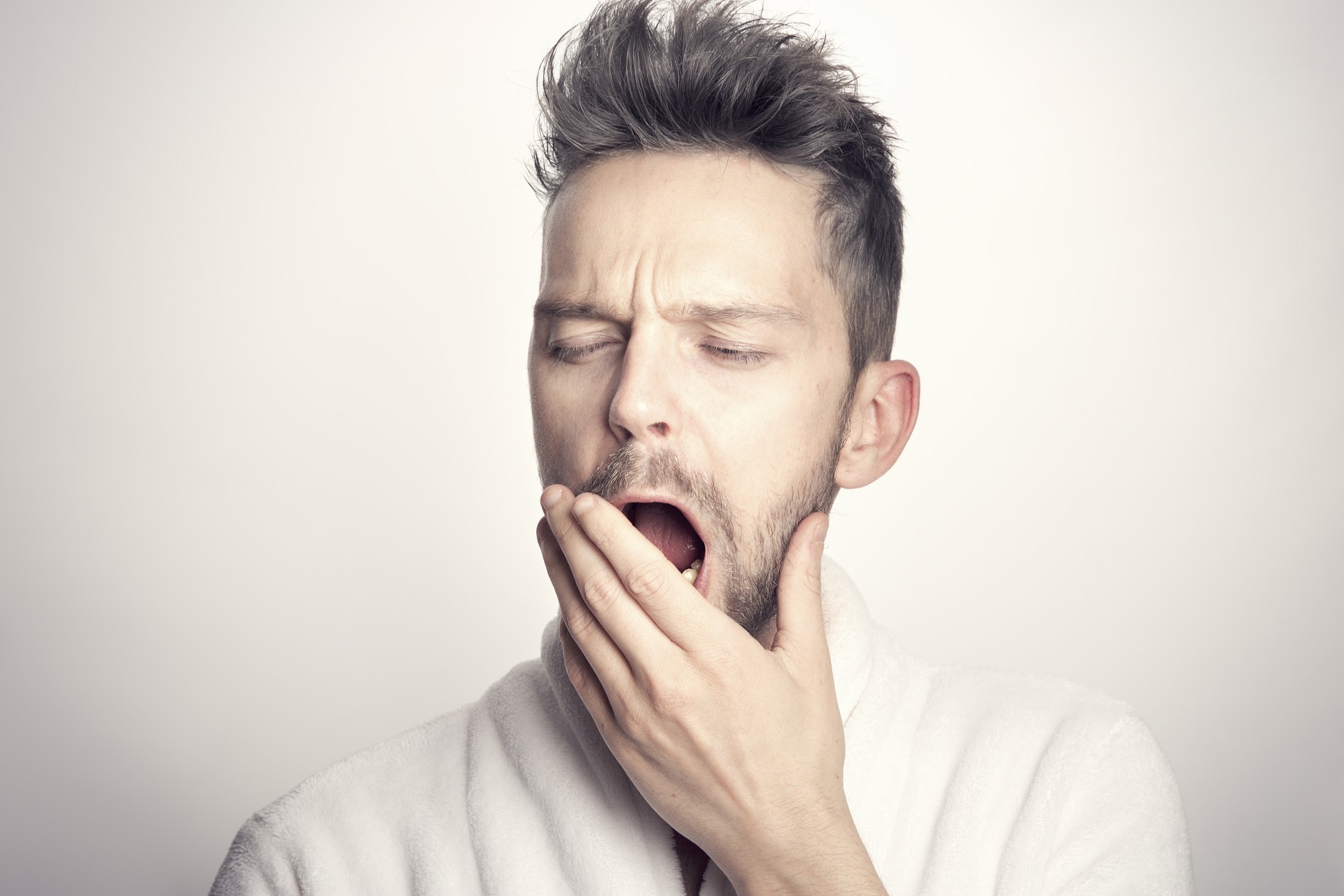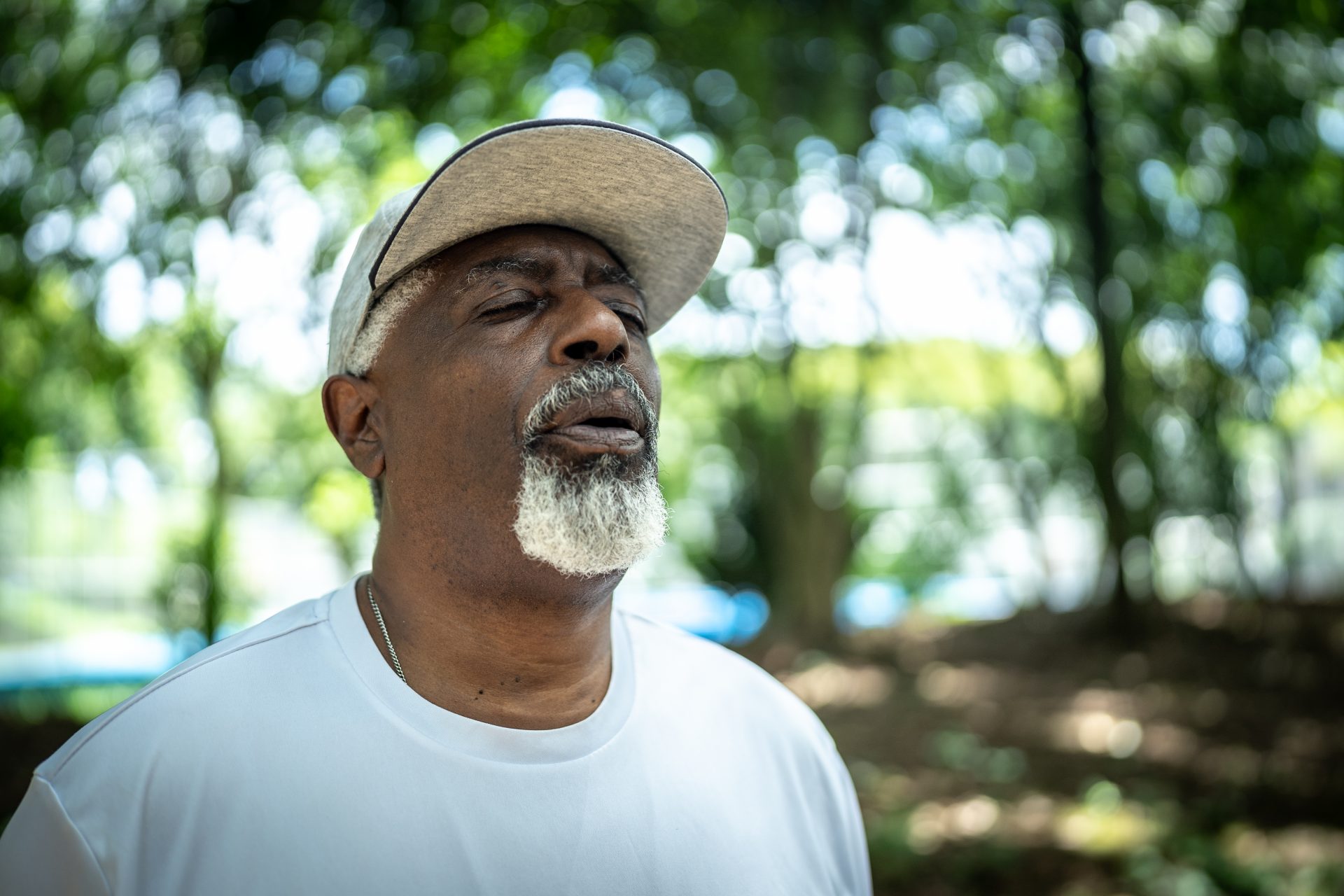Struggling to sleep? Try these tips for a better night's rest
Sleeping is vital for our health, according to the World Health Organization (WHO). It keeps our brains sharp, helps us live longer, protects from cancer, dementia and keeps the immune system strong, to name a few of its many benefits, as cited by sleep expert Matthew Walker in the book 'Why We Sleep.'
If we don't take all the rest our bodies need, we can also get gastric problems, a considerable increase in appetite, and a worrying imbalance in performance. The WHO is clear: the human body needs to recover.
The amount of sleep a person needs, depends on many factors. The World Health Organization makes recommendations on the basis of age:
New-borns - 16-18 hours a day
Pre-schoolers - 11-12 hours a day
Schoolchildren - 10 hours a day minimum
Teenagers - 9-10 hours a day
Adults and seniors - 7-8 hours a day
A study by Brigham Women's Hospital (USA) determined that the ideal time to go to bed is between 22:00 and 23:00 hours. They based their estimate on a daily routine that peaks in activity at 09:00 am and dips around 22:00 or 10 pm. If, on a day like this, we are not asleep by 23:00, our level of cortisol will not lower as much as should. It may then be difficult to fall asleep at all.
For those who find it hard to fall asleep, or stay asleep, here are some tips for a better night's sleep. Keep in mind that these recommendations depend on the uses, customs, and hours of light at the place where we live.
For one, stay away from the bed during daytime. Getting out of bed should mean becoming active and not returning to bed until bedtime. This way the body will know that it must be activated as soon as you open your eyes.
Although it is sometimes complicated, it is recommended to go to bed and wake up at the same time every day - even on weekends. Routine is a great ally to get rest.
Expert say that within six to eight hours of your bedtime, caffeine is forbidden if you want to sleep properly.
The same goes for nicotine, which should be avoided in all its variants, including patches. According to the National Institutes of Health, it disrupts sleep, causes cravings and leads to irregular circadian rhythms, snoring, and obstructive sleep apnea.
Exercising regularly helps you sleep much better. However, you should try not to exercise 3 hours before going to sleep.
As sleep expert Matthew Walker said on the Peter Attia podcast: “Alcohol is probably the most misunderstood sleep aid.” That's because it is a sedative. So while you may lose consciousness more quickly, booze can disrupt sleep and reduce REM sleep. If you drink, you'll know that you wake up more at night and wake up feeling anything but refreshed.
Photo: Sammy-Sander/ Pixabay
A heavy meal for dinner will make the digestion process take longer than it should, preventing you from sleeping normally. Try to eat light meals and foods that are easily digested.
If you can take a break, a nap is never bad, but it has to be very short (about 15 minutes).
If you want to relax before going to sleep, you can spend the last half hour of the day taking a bath, reading, or listening to soft music.
It's important that the bedroom invites you to sleep. To do this, make it dark, without noise, and with a temperature that is neither cold nor hot. You should feel comfortable and safe in your own bedroom.
According to the Sleep Foundation, electronic devices such as smartphones, computers, tablets, and televisions can emit blue light that disrupts our natural sleep cycles. Reducing exposure to this blue light is an important way to help your body prepare for sleep.
The sun helps people sleep in many different ways. Exposing your eyes to sun for around 10 minutes as it rises and sets lets your biological clock knows when it's time to activate and start winding down. Don't look directly at the sun, but avoid wearing sunglasses during the exposure time.
If you don't fall asleep and it looks like you won't be able to, don't spend more than 20 minutes in bed. Get up and do something to relax. From drinking a glass of water, to going for a walk or reading a book. Whatever it takes to clear your mind and get you to relax.
Dairy products are highly recommended to fall asleep, as they promote the formation of serotonin, giving the body a feeling of well-being and relaxation. However, it is advisable that dairy products are consumed in the afternoon rather than the evening. The digestion may take a long time and then actually work against our sleep. Of course, if you are vegan or vegan, forget this advice.
Some research has shown that certain breathing techniques can help calm your nervous system, allowing you to drift off into dream world. These exercises include 4-7-8 breathing, diaphragmatic breathing, and box breathing.
The properties of some foods make the nervous system more predisposed to reach the state of sleep. In this respect, calcium and magnesium favour that the nervous connections are predisposed to rest. Nuts, like hazelnuts, walnuts or cashews, are ideal for this.
Well, ok, it is also for something else. But if you don't have to use the bed for tasks like using the computer, eating, or playing video games, then get off of it. Our brains can get confused. Pleasure and sleep must be associated with the bed. The rest, better in other rooms of the house.
(Photo: Victoria Heath / Unsplash)
The more we can avoid sleeping pills, the better. But if you have no other choice, it is essential that you consult your doctor and that the treatment is as brief as possible. Sleeping pills can create a dangerous dependency.
We said naps are fine but, as we said, short. And if you can do it before 15:00, it will be much more beneficial.
Ever gotten into bed with your phone just to end up doomscrolling for hours? Or maybe you got an annoying email that got your mind spinning when you should be relaxing? Those are more reasons to avoid using your phone or computer in bed.
(Image: 'Seinfeld,' NBC)
It is strictly forbidden to spend the night doing chores or work. Try not to leave things for the last minute, because after 22:00 (in the suggested routine of 9:00 to 23:00), your performance diminishes. It could take you four times longer to do things at that time of the day, while you also lose hours of rest.
If you want to go to bed relaxed and carefree, it's best to make a to-do list just before bedtime. Of course, you should do this with paper and pen, no cell phone. It's a ritual that helps reduce stress and relax the body.
(Photo: Glenn Carstens-Peters / Unsplash)
We have already commented that the most advisable thing is to wake up and go to bed at the same time every day. But of course, it's tough to get up at 06:00 on the weekend. In any case, try not to wake up more than two hours later than usual on Saturdays and Sundays. If you do, you alter the biological clock and it will cost you much more to get up early during the week.
Reading is very healthy and it helps you relax.. But watch out for the theme of the book you read. If it stresses you out too much, it can cause insomnia. Not to mention those novels that keep you hooked and reading til dawn. Having two or three books on the bedside table at the same time helps to solve these situations.
(Photo: Annie Spratt / Unsplash)
If you set an alarm to get up, why not set it to go to sleep too? On the one hand, you will keep a close watch on your bedtime and, on the other, it will warn you when you don't remember. What's more: some sleep apps already include this alarm with your pre-calculated, recommended bedtime.
(Photo: Jon Tyson / Unsplash)









































